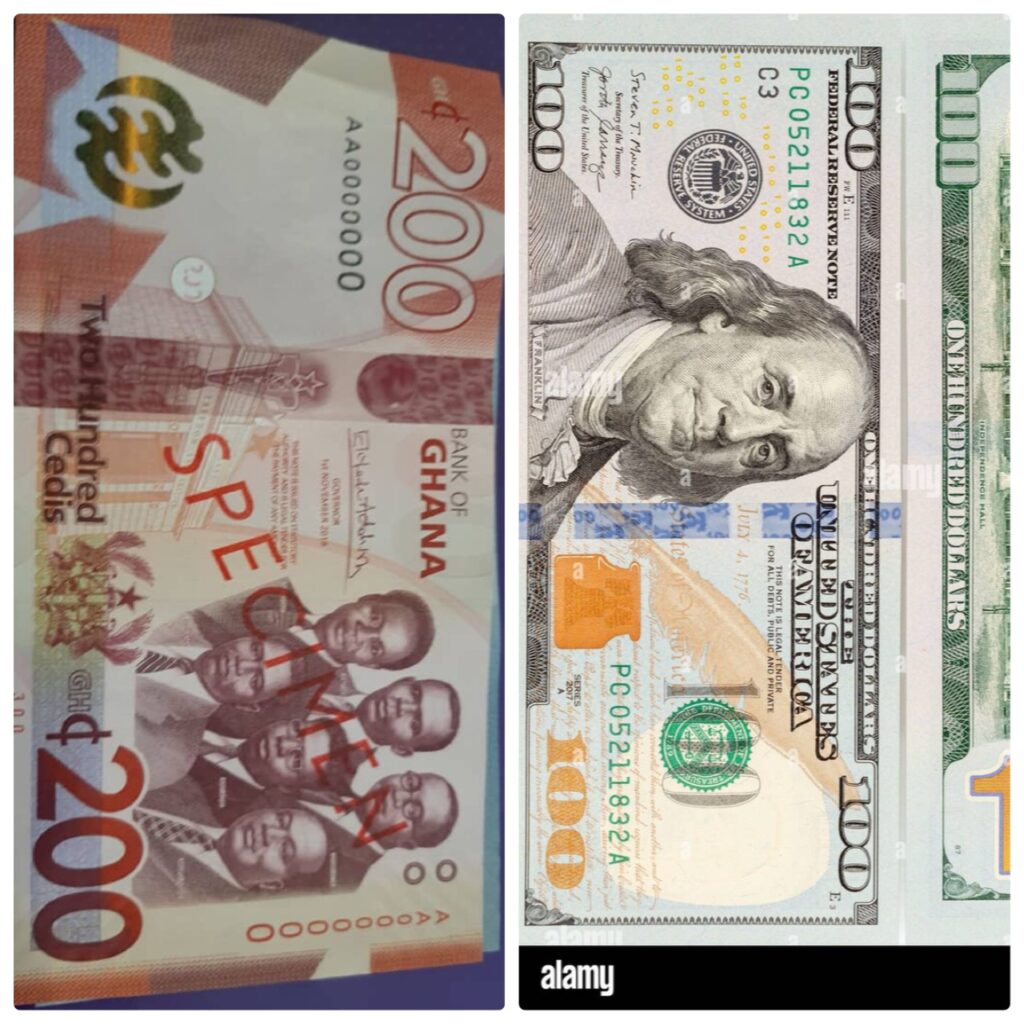The Ghanaian cedi is facing increased pressure as market uncertainties persist, with the exchange rate reaching GH¢ 12.14 for one US dollar. This alarming depreciation has raised concerns among both economic analysts and the general public, prompting questions about the state of Ghana’s economy and its future trajectory.
The recent fluctuation in the exchange rate highlights the challenges facing the nation’s financial markets. Factors such as global economic uncertainties, trade imbalances, and fluctuations in commodity prices have contributed to the cedi’s vulnerability. As a result, Ghanaians are grappling with the impact of the weakening currency on their purchasing power and overall economic stability.
A prominent social commentator has expressed skepticism about the economic outlook, questioning the resilience of Ghana’s economy amid these challenges. In a statement, the commentator remarked, “The continued depreciation of the cedi raises serious concerns about the overall economic health of the nation. It is imperative for policymakers to address the root causes of this trend and implement measures to stabilize the currency.”
The commentator’s remarks draw attention to the need for a comprehensive assessment of Ghana’s economic policies and their effectiveness in mitigating external pressures. Additionally, there is a growing call for increased transparency and communication from authorities to keep the public informed about measures being taken to address the currency’s volatility.
Ghana’s economic future is now at the forefront of public discourse, with citizens seeking assurances that the government is proactively addressing the challenges posed by market uncertainties. As the nation grapples with these economic complexities, there is a collective hope that strategic interventions will be implemented to safeguard the stability of the cedi and foster sustainable economic growth.
The coming months will undoubtedly be crucial for Ghana’s economic landscape, requiring a collaborative effort from policymakers, financial institutions, and the public to navigate the challenges posed by market uncertainties. As discussions about the nation’s economic future intensify, stakeholders are eagerly awaiting concrete actions that will inspire confidence and pave the way for a more resilient and stable economy.
story filed by: Nana kwaku Duah





